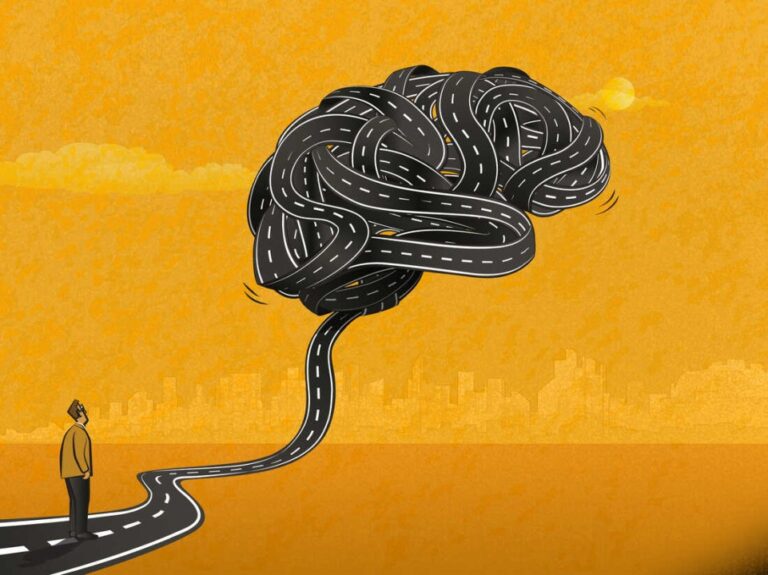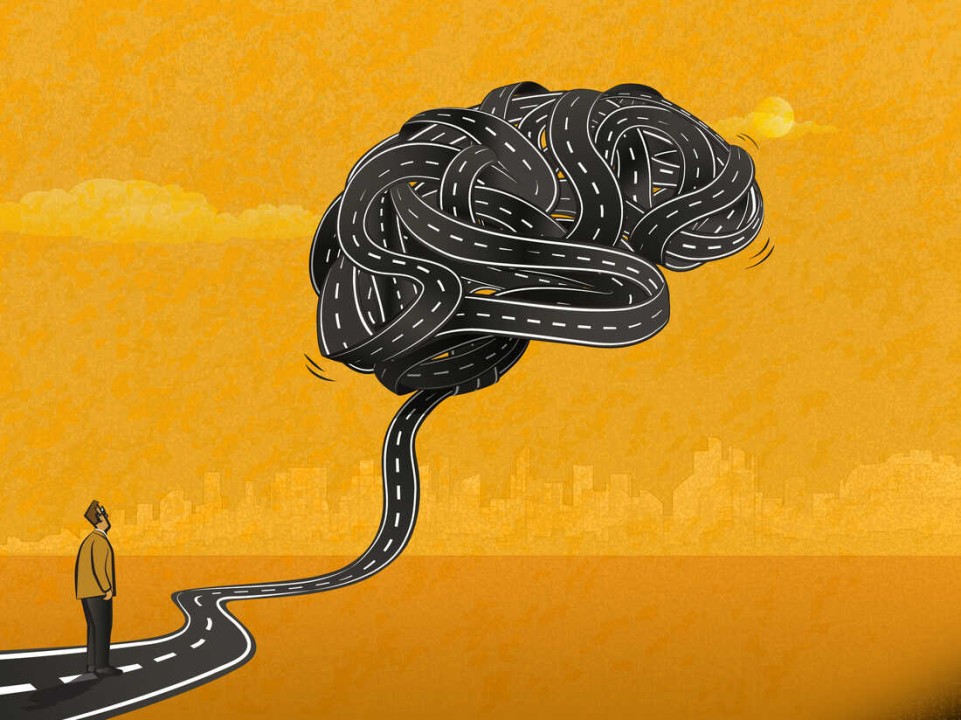
Both depression and suicide are grave issues that should not be taken for granted; however, they are usually underestimated, hence, making those affected to face the trouble in silence. While thinking of how Robin Williams and so many more have suffered from depression, we look for solutions to how we should reach and help those who suffer from this awful disease. It is not sufficient to only inform people about the problem; instead, one should provide the people and the society with real help in the prevention of depression or suicidal thoughts.
Understanding the Depths of Depression and Suicidal Ideation
Depressive disorders arise from a breach of relationships in the psyche. That this perception does not exist for the sufferer, is something leading to feelings of despair. Suicidal ideation—thoughts of taking one’s own life—can often be described as an extension of the void. In these moments, the most important thing to understand is that people are not longing for death, they are yearning to be freed from excruciating harrowing emotions rather mental anguish in a way that seems to have no end or way out.
All individuals, as citizens of society, should accept the fact that depression clouds the thought process of people so severely that they cannot envisage any solution. So, when it comes to suicidal ideation it is more of a warped way of thinking rather than an individual wanting to kill himself or herself. The recovery process is not easy but is achievable with the right resources.
Breaking the Cycle: Secrets to Overcoming Depression and Suicidal Thoughts
Although clinical treatments such as therapy and medication will be basic, there are lesser-known but effective practices. This can help stop the cycle of depression and suicidal thoughts. These practices work best when tailored to the individual and combined with expert support.
Mindful breathing and grounding techniques
A mind stuck in the past or future can lead to lingering feelings of hopelessness. Mindful breathing helps you stay grounded in the present. Techniques like breathing in and out (inhale for 4 counts, hold for 4 counts, exhale for 4 counts, hold for 4 counts) can calm the mind and bring a clearer sense of the moment.
Grounding techniques involve connecting your five senses to your surroundings, for example by noticing five things you see, four things you can experience, three things you hear, two things you can smell, and one thing you taste. Hence, you can get rid of overwhelming emotions…
Creating a “Safety Plan”
Safe planning is a proactive approach designed for cases in which suicidal thoughts become too much. This includes identifying personal triggers, expressing coping mechanisms (such as calling a trusted friend or listening to soothing music), writing emergency contact information with a suicide help line. This physical writing is to serve as a concrete reminder that there are more steps to be taken before resorting to Suicide… or thinking that “ I can’t do it.”
Example:
- Trigger: Feeling of worthlessness after a failure at work
- Coping Mechanism: Call a friend, go for a short walk
- Emergency Contact: Reach out to a therapist or helpline number
Limiting social media and digital use
In the modern world where social media is everywhere, continuous exposure to curated highlights of others’ lives can deepen feelings of inadequacy and depression. Regular digital detox when you intentionally take a step back from social media and focus on real-world connections. Use this time to practice your hobbies, have a meaningful conversation or relax the mind.
Even though depression and suicidal thoughts are serious, there is still hope and help. Several suicide prevention helplines in India provide immediate assistance to people in crisis:
Fortis Stress Helpline: +918376804102
Sa-Mudra Yuva Helpline +91 9880396331
Spandan +91 9630899002, +91 7389366696
Vandrevala Foundation 1860 266 2345, 1800 233 3330
Suicide Prevention Helpline 221152, 18003453225
Hope Helpline for Students +91 0744 2333666 , +91 0744 2414141
Sneha India foundation +91 044-24640050
Jeevan Suicide Prevention Hotline +91 044 2656 4444
When facing the overwhelming weight of depression and suicidal ideation, it is crucial to recognize that seeking professional treatment is not just an option, but a vital step towards healing and reclaiming your life. Many individuals may feel trapped in a cycle of despair, believing they must navigate these dark times alone; however, it’s essential to understand that these feelings can be incredibly isolating and painful, and you don’t have to face them by yourself. Professional help offers a compassionate and structured environment where trained experts can guide you through your struggles with empathy and understanding. They possess the knowledge and tools to provide tailored therapeutic approaches that can help unravel the complexities of your emotions, offer coping strategies, and address any underlying issues contributing to your mental state. Moreover, therapy can facilitate a safe space to express your feelings, helping you to gain insights that you might not have access to when trying to cope alone. Medication, if necessary, can also play a significant role in stabilizing your mood and alleviating symptoms. Remember, reaching out for help is a sign of strength, not weakness, and the journey towards recovery often begins with a single step of seeking support. Embracing this path can lead to renewed hope, improved emotional well-being, and a greater sense of purpose in life, enabling you to envision a brighter future and reconnect with the joys that once brought you happiness. Don’t hesitate to take that brave step towards professional help—it could be the key to unlocking a healthier, more fulfilling life.
